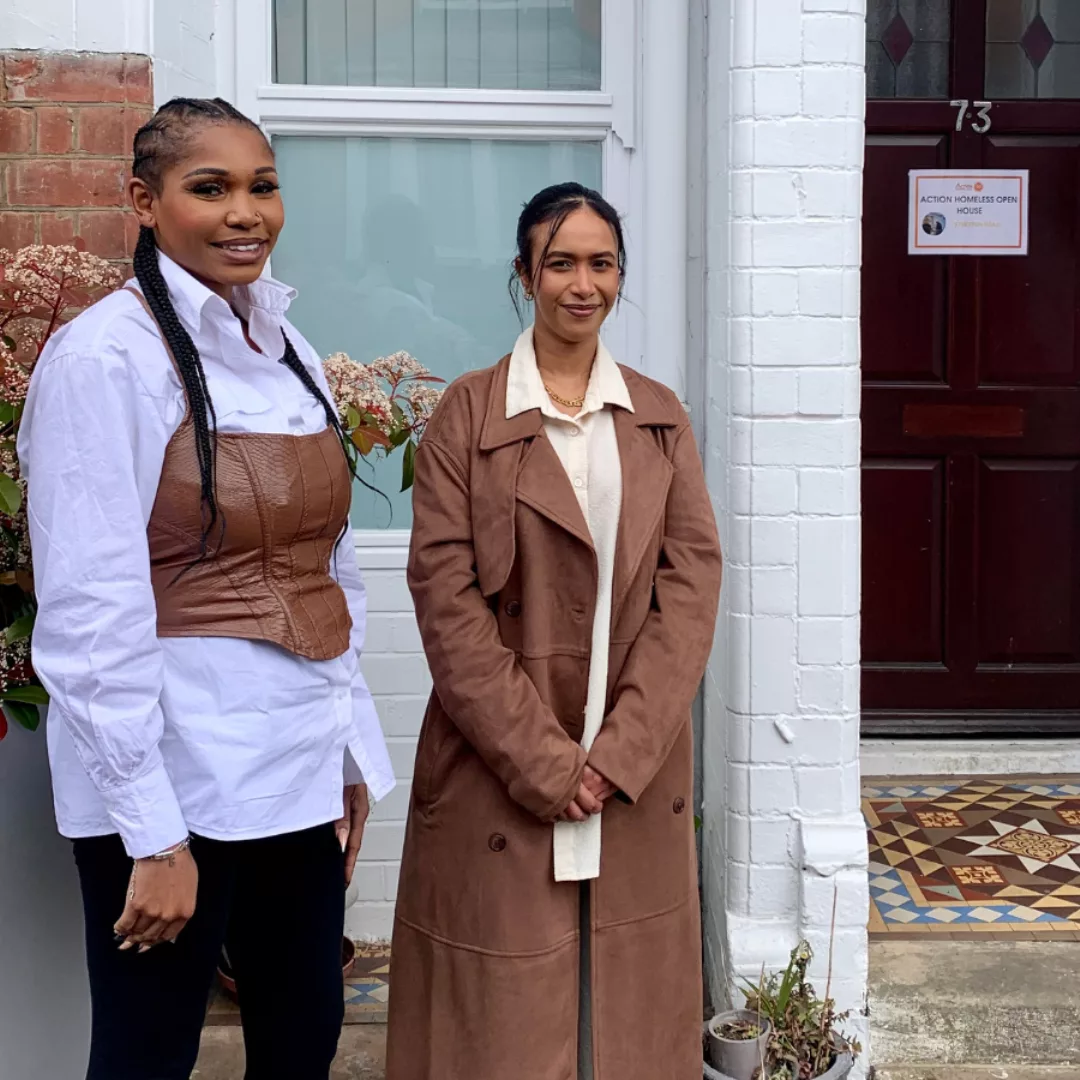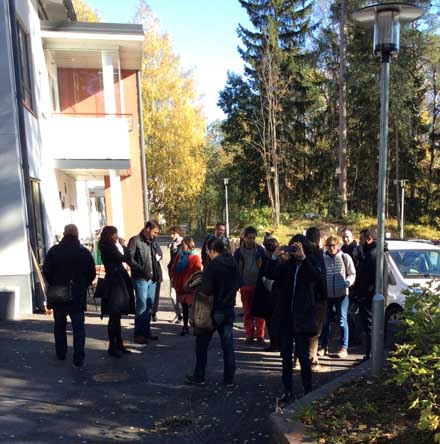In early 2021, Action Homeless launched a Housing First service in Leicester. Now, five years on, Eilidh Stringer, Funding and Communications Manager, reflects on what’s worked, what’s challenged them, and what this milestone means for the future.
What We Learned
From the beginning, Action Homeless’ aim has been to break the cycle for those facing the most severe levels of disadvantage, having been homeless for a very long time. As part of our evaluation, we asked clients, delivery staff, and partners to help us define the essence of our local Housing First model. One theme stood out above all: consistency. Being there—and staying there—without a time limit, through both highs and lows, has been the defining difference.
Housing First is built on clear principles, including the separation of housing and support. In practice, this was one of our biggest challenges, access to secure social tenancies was very hard to achieve. In addition, it was clear that those we sought to support not only needed a secure home, but also needed support to keep themselves safe in that home. As an accommodation provider, we overcame this by using our own housing stock while maintaining a strict distinction between landlord and support functions. Without this, finding safe, suitable homes would have been far harder—and more people might have returned to rough sleeping. Having this option at our fingertips made the model viable.
Voices That Matter
The most powerful insights came directly from clients. They recognised that setbacks were part of their journey—but in Housing First, setbacks are anticipated and accepted. Failure feels safer. People valued the dignity of the service: they felt listened to and heard.
Support Workers echoed this sentiment. They felt empowered to adapt, use flexible interventions, and invest deeply in outcomes. Progress was measured in small steps, setbacks were expected, and resilience—on both sides—was key. At the heart of it all was trust and mutual respect.
Why Housing First Works
Housing First succeeds because it gives people time—sometimes a lifelong support commitment. This isn’t just practical; it’s a promise that helps people rediscover their own value. Yet this principle often clashes with how services are commissioned and funded. Short-term funding cycles rarely account for ongoing needs.
We were fortunate to receive five years of funding from The Henry Smith Charity—almost unheard of for a local charity. Even now, many of the clients we engaged in 2021 continue to need our support. Sustainability remains the biggest challenge.
Looking Ahead
As a charity committed to breaking the cycle of homelessness, we know the value of combining personalised support with a secure home. Housing First works—but only when people can access safe housing that meets their individual needs, and when funding models allow for the time and consistency it demands.
Whilst we join others in calling for a more sustainable funding framework, the lessons from Housing First have already shaped the wider services we provide. This year, we opened The Hive, a new service designed to support people with experience of rough sleeping and complex lives. Here, we actively manage living spaces that promote wellbeing and safety, while embedding Housing First principles such as personalised, flexible support and a harm reduction ethos. The aim is to help people to recover from the trauma that many years of being homeless has caused and to support them to overcome the barriers they face.We will continue to support those who joined us under Housing First over the past five years. But without sustainable funding, we cannot expand or develop the scheme further. What we can do—and remain committed to—is addressing the gap faced by people experiencing multiple disadvantage, trapped in cycles of homelessness. Our focus will remain on identifying and delivering sustainable solutions that enable people not only to find a home, but to keep it.
Stay updated on global housing news
Subscribe to our monthly newsletter in English or Spanish



